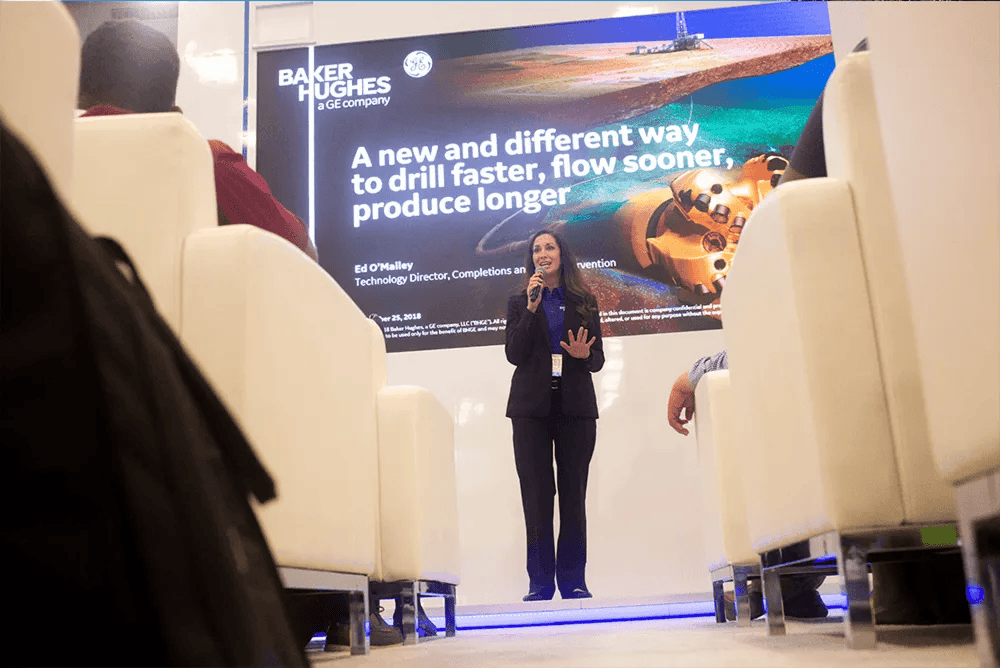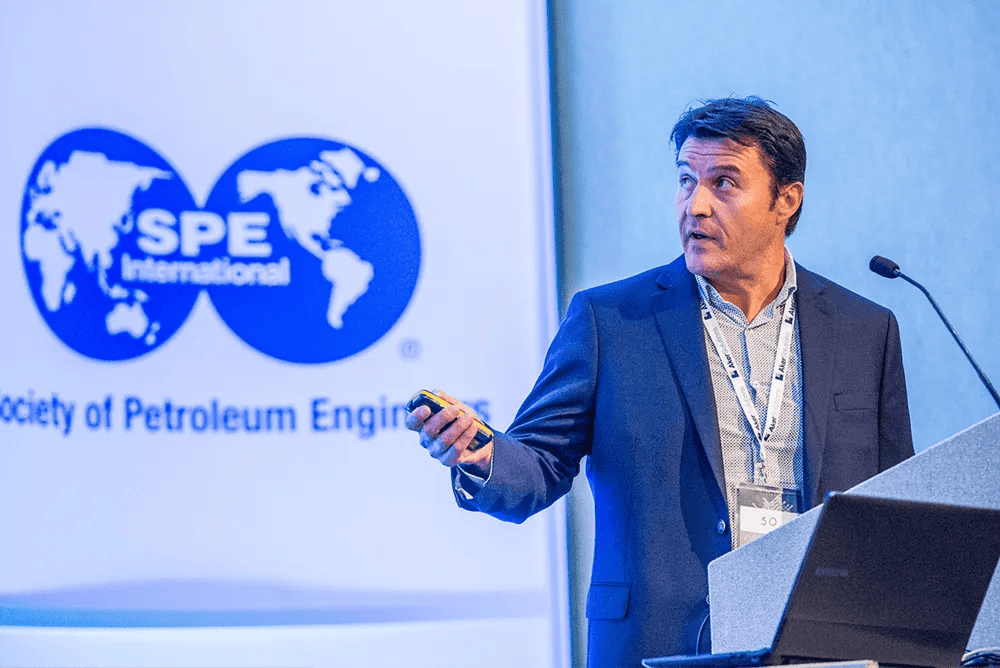The Call for Papers is closed. Authors will be notified of the status of the paper proposals by 26 February 2026, and the manuscript submission deadline will be by 8 May 2026
Technical Categories
Drilling Process and Technology
- Bit / Hold Openers
- Cementing and Zonal Isolation
- Directional Drilling and Hole Enlargement
- Downhole Tools
- Drilling Fluids
- Drilling Mechanics (Vibration, Stick Slip, etc.)
- Geomechanics
- Geoscience (Rock Mechanics)
- HPHT
- Managed Pressure Drilling and Underbalanced Drilling
- Reducing Risk and Well Cost with MPD Technology
- Solids Control and Waste Management
- Hole cleaning and stuck pipe prevention
- Non-Conventional Drilling and Closed-Loop Techniques (CLUDT): including horizontal, multilateral, and extended-reach wells; drilling in tight and unconventional formations; and advanced pressure-management technologies such as MPD, UBD, CTUBD, and PMCD
HSE and Sustainability
- Environmental Protection
- Future Energy Mix
- Health and Well-Being
- Industry 4.0
- Performance Optimisation
- Planning: Risk Management, Well Cost, Scheduling
- Process Safety
- Quality
- Regulatory Compliance
- Safety and Human Factors
- Social License to Operate
- Solutions for Upstream Process Efficiency toward Reduction of GHG Emissions
- Workforce Development and Training
Management, Systems and Case Studies
- Contracts
- Deep Well Drilling
- Drilling Management
- Extended Reach Drilling
- Frontier Operations and Extreme Environments
- Integrated Project Implementation
- Low-Cost Wells
- Mature Fields
- Quality Management (Performance Drilling, Invisible Lost Time, Technical Limits, Real Time Operations Monitoring)
- Shale Drilling
- Unconventional Projects
Offshore Technologies
- Drilling Equipment Rental
- Drilling Equipment Servicing, Assembly and Manufacture
- Floating Well Stimulation
- Offshore Supply Base and Logistics
- Rig Classification and Certification
- Rig Equipment
- Rig Process Automation
- Rig Technology
- Subsea Technology
- Lowering Carbon Footprint for Drilling Operations
Well Technology and Field Development
- Completion Technology
- Cost Effective Project Implementation
- Cost Effective Well Head Jackets
- Drilling Rig for Full Decommissioning
- Drilling Efficiency Measurement
- Enhanced Oil Recovery
- Field Development
- Mature Field Rejuvenation
- Well Control
- Well Design
- Well Intervention
- Well Stimulation
- Integrated Well Completions
- Sand Control Installation Efficiency
- Super Slimhole
Why Submit Your Abstract?
- Raise your profile amongst industry peers
- Showcase your technical expertise and achievements
- Opportunity to publish your technical paper on OnePetro, the online library of technical literature for the oil and gas industry
- Network with the participants from various countries
Submission Information
A proper review of your paper proposal requires that it contains adequate information on which to make a judgment. Download our instruction guide to assist you in preparing your paper proposal.
The paper proposal should have the necessary clearance before being submitted to IADC/SPE APDT 2026. Prospective authors should advise of any clearance problems when submitting the paper proposal. Learn more about conference proposals and papers.
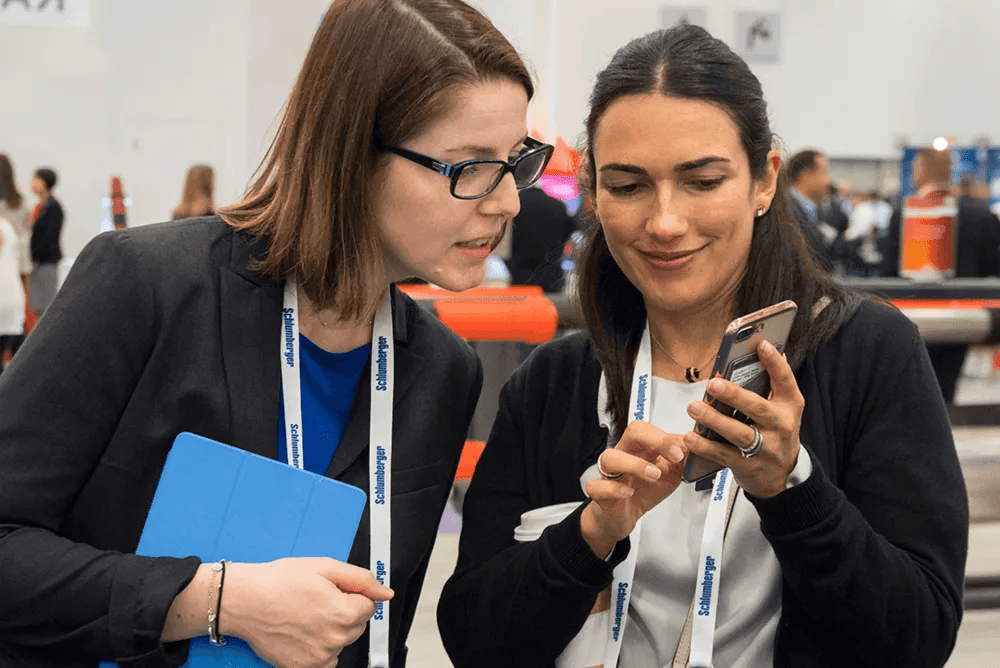
Raise
your company’s technical profile at a renowned industry event and have your paper published on OnePetro.org
SPE must comply with all applicable sanction laws, including those of the United States. This includes screening individuals and entities against applicable lists of restricted parties to determine whether SPE is prohibited from, among other things, providing services to or receiving services from such parties.
Additional Information
Paper Proposal Information
Please note that abstract submissions should be formatted into four (4) specific paragraphs:
- Objectives/Scope: Please list the objectives and/or scope of the proposed paper. (25-75 words)
- Methods, Procedures, Process: Briefly explain your overall approach, including your methods, procedures and process. (75-100 words)
- Results, Observations, Conclusions: Please describe the results, observations and conclusions of the proposed paper. (100-200 words)
- Novel/Additive Information: Please explain how this paper will present novel (new) or additive information to the existing body of literature that can be of benefit to and/or add to the state of knowledge in the petroleum industry. (25-75 words)
The following guidelines apply:
- DO NOT include title or author information in your abstract
- Word Minimum: 225
- Word Maximum: 450
ORCID iD
What is an ORCID iD?
The ORCID iD (Open Researcher and Contributor ID) is one of scholarly publishing’s most accepted and widely used unique author identifiers. It is used across numerous publishers.
An ORCID iD is a simple numerical identifier (e.g. 0000-0001-6479-5330). Each researcher/author should have only one ORCID iD, which will stay the same over their lifetime.
Anyone can register an ORCID iD for themselves for free using a simple online registration form on the orcid.org website. The initial process takes less than 2 minutes. Once created SPE members can also add their ORCID iD to their SPE member profile.
Why is it important?
Your ORCID iD:
- distinguishes you and ensures your research outputs and activities are correctly attributed to you
- reliably and easily connects you with your contributions and affiliations
- reduces form-filling (enter data once, re-use it often)
- improves recognition and discoverability for you and your research outputs
- is interoperable (works with many institutions, funders, and publishers)
- is persistent (enduring)
As the author you control the visibility of each piece of data in your ORCID record. You can adjust visibility to make your work discoverable—or keep some things private or shared only with your trusted organisations. It’s up to you!
How do I get an ORCID iD?
1. Go to orcid.org/register to sign up for a new ORCID iD.
2. The system will verify that you do not already have an ORCID iD before issuing you a new one. You will also be asked to verify your email address by following a link sent to the email that you provide.
3. Once your ORCID iD is registered, you can add information to your profile including your social sites, employment history, and published works.
4. Add your ORCID iD to your SPE member profile. After signing in to your SPE.org account go to your “profile” page. Under the “Personalize your Account” section select ORCID iD. If you have not already registered an ORCID iD, you can do so through your member profile.
5. Sign in to your ORCID account and select “Authorize Access” to add your verified ORCID iD to your member profile. Going forward, authorship in any published SPE conference or journal papers will by automatically updated within your ORCID record.
General Guidelines
- Obtain the necessary clearance from your management, your partners, and customers BEFORE submission
- Authors whose paper proposals are accepted will be required to provide a manuscript for inclusion in the conference proceedings.
- Authors who do not submit a manuscript and the associated publication forms by the manuscript due date will be withdrawn from the program and will not be allowed to present per SPE’s No Paper, No Podium policy
- If accepted, your paper proposal may be published, as submitted, in conference information media, including on the SPE website.
- An agreement to present a paper at this SPE conference carries an obligation to participate in the event. Please review SPE's Author Guidelines for Papers.
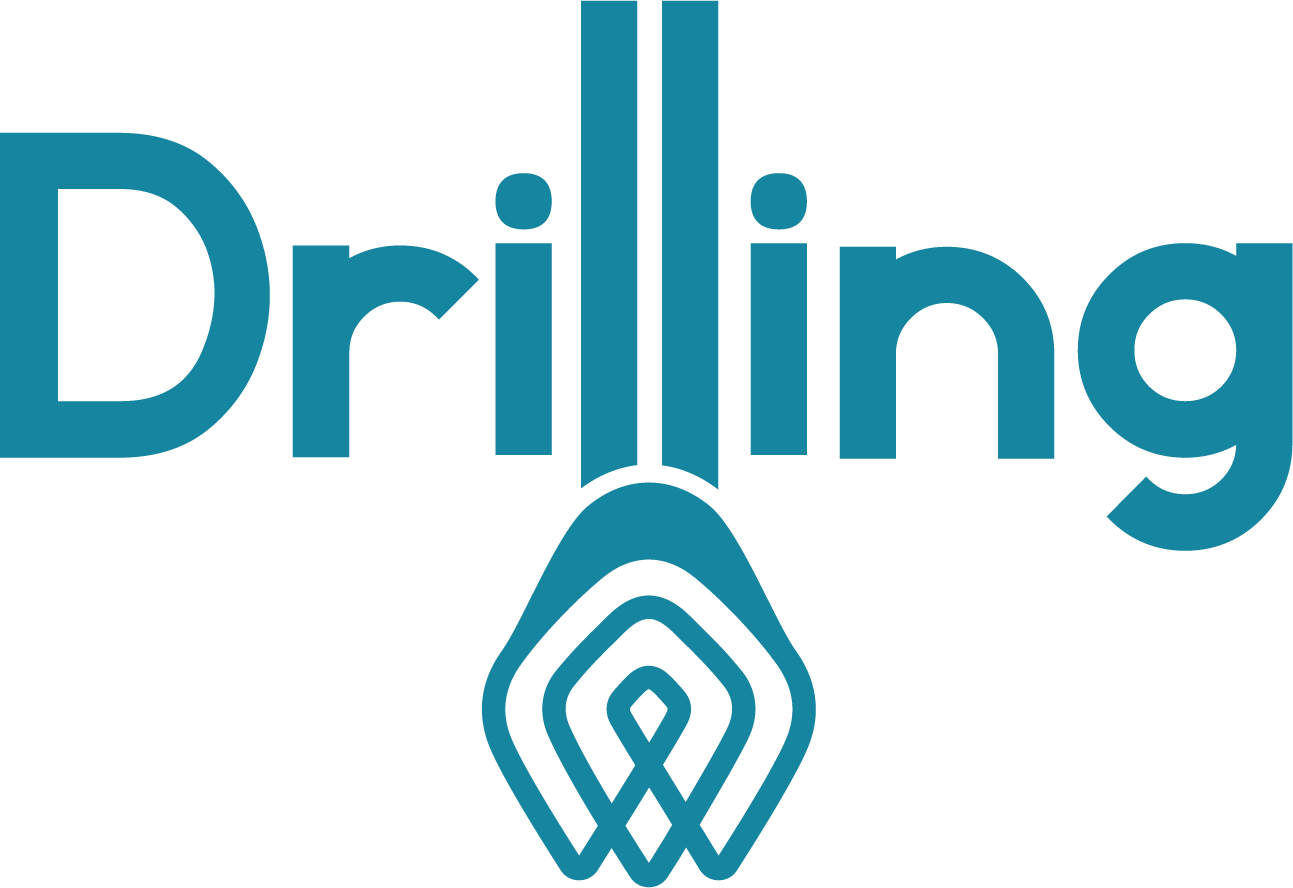 SPE/IADC Asia Pacific Drilling Technology Conference and Exhibition
SPE/IADC Asia Pacific Drilling Technology Conference and Exhibition
